P4P is a truly revolutionary approach for conventional and organic agriculture around the world.
PLANTS FOR
PLANTS
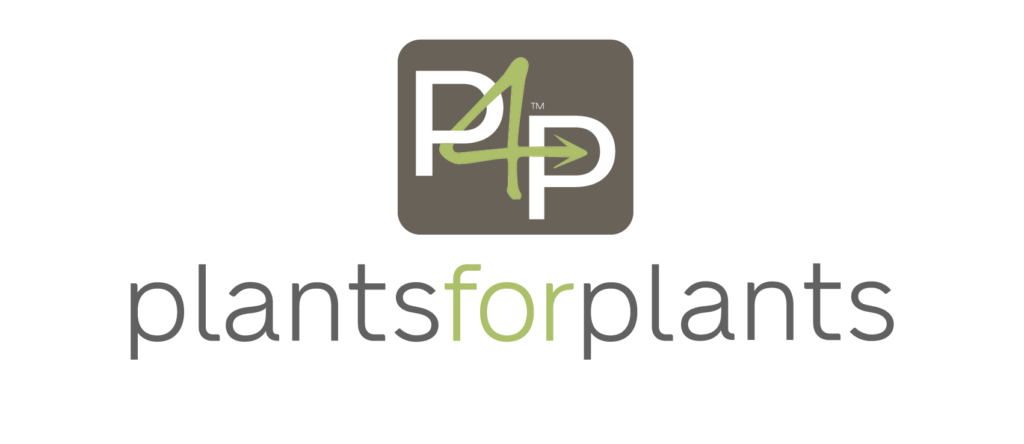
Plants talk
Plants for Plants is a truly revolutionary approach that is suitable for fertigation and foliar application for conventional and organic agriculture around the world. Instead of focusing on the effect of individual molecules, we focus on the plant and let nature guide us. The Plants for Plants project was awarded a grant by LIFE, the EU’s funding instrument for the environment and climate action.
Plants talk
Plants know perfectly well what is good for them. During millions of years they have adapted to changing conditions and overcome diseases. The diversity of nature proves to be the best context for plants to prosper. How can we blend this tremendous ability of nature into the everyday practice of agriculture? We have been working on the answer to this question for the past ten years.
We listen
For the last ten years, LandLab in Italy and Van Iperen International collaborated in a joint project called Plants for Plants. Instead of focusing on the effect of individual molecules, we focus on the plant and let nature guide us. Briefly: first we figure out what the crop lacks. Then we look for another species that has already acquired the propeties that are needed. We then take a tailored extract of this plant and apply it to the crop through fertilization programs.
Crops respond
By using organic plant extracts, LandLab was able to trigger specic reactions. Using this method among various species they improved water use efficiency, nutrient use efficiency and reduced sensitivity to diseases. The tailored extracts are purely organic and have food grade quality. The first products are expected to enter the market in 2022.
Goal
Introduce in conventional agriculture new organic biostimulants, plant-derived, aiming to reduce irrigation and chemical commodities while boosting crops production.
Solutions
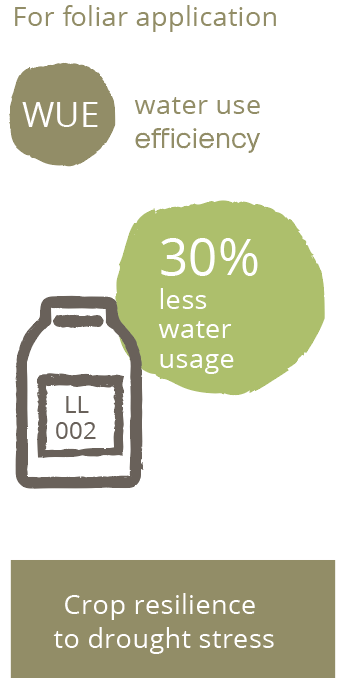
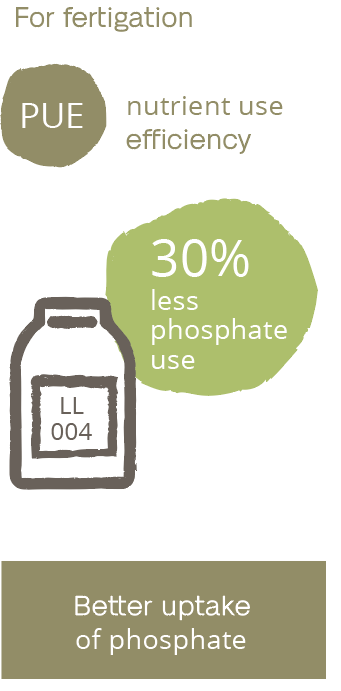
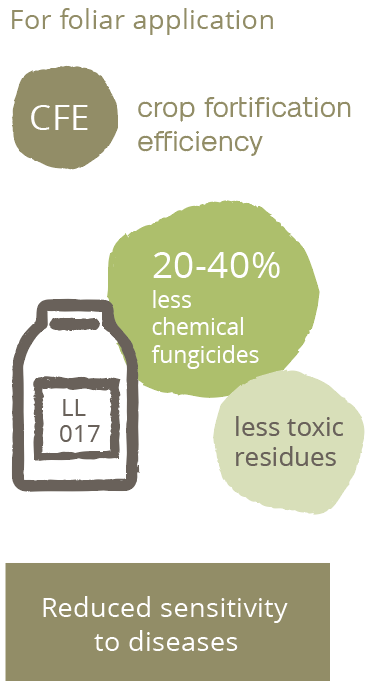
Key actions
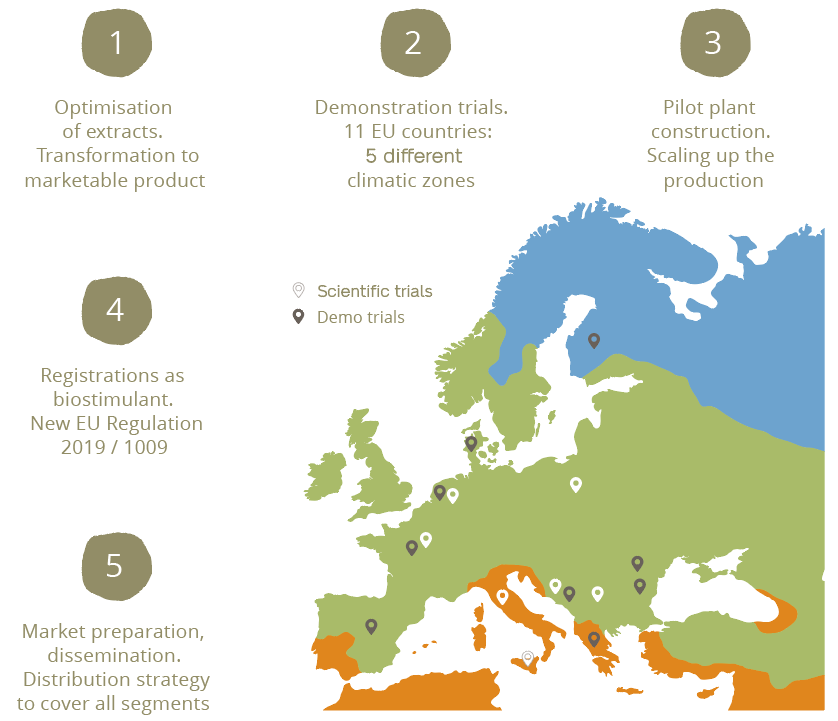
Key actions
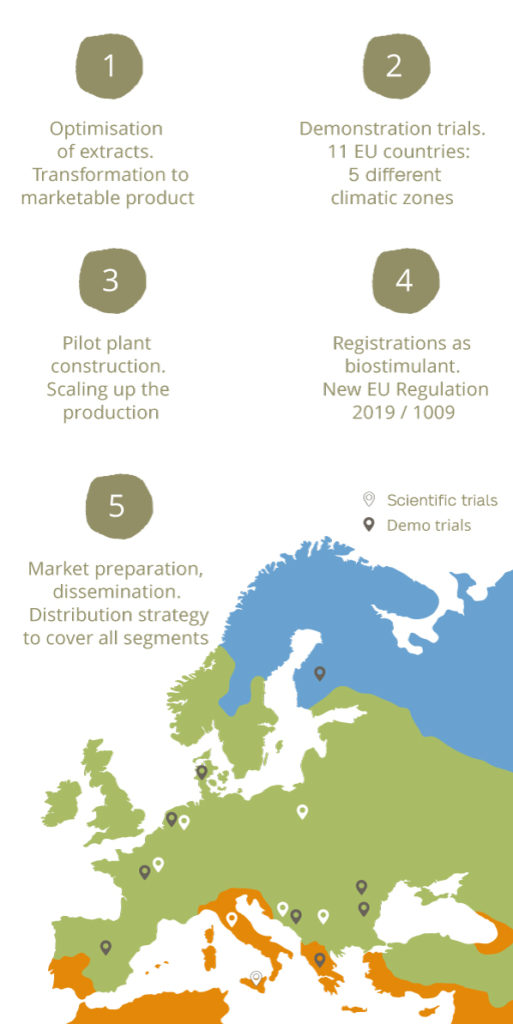
Plant for Plants Life Project | Project Sta : 07-01-2019 | Project End: 31-01-2022 | This project is co-funded by the European Union’s LIFE Programme under Grant Agreement LIFE18 ENV/NL/000043
CO-FUNDED BY

COORDINATING BENEFICIARY

ASSOCIATED BENEFICIARIES




